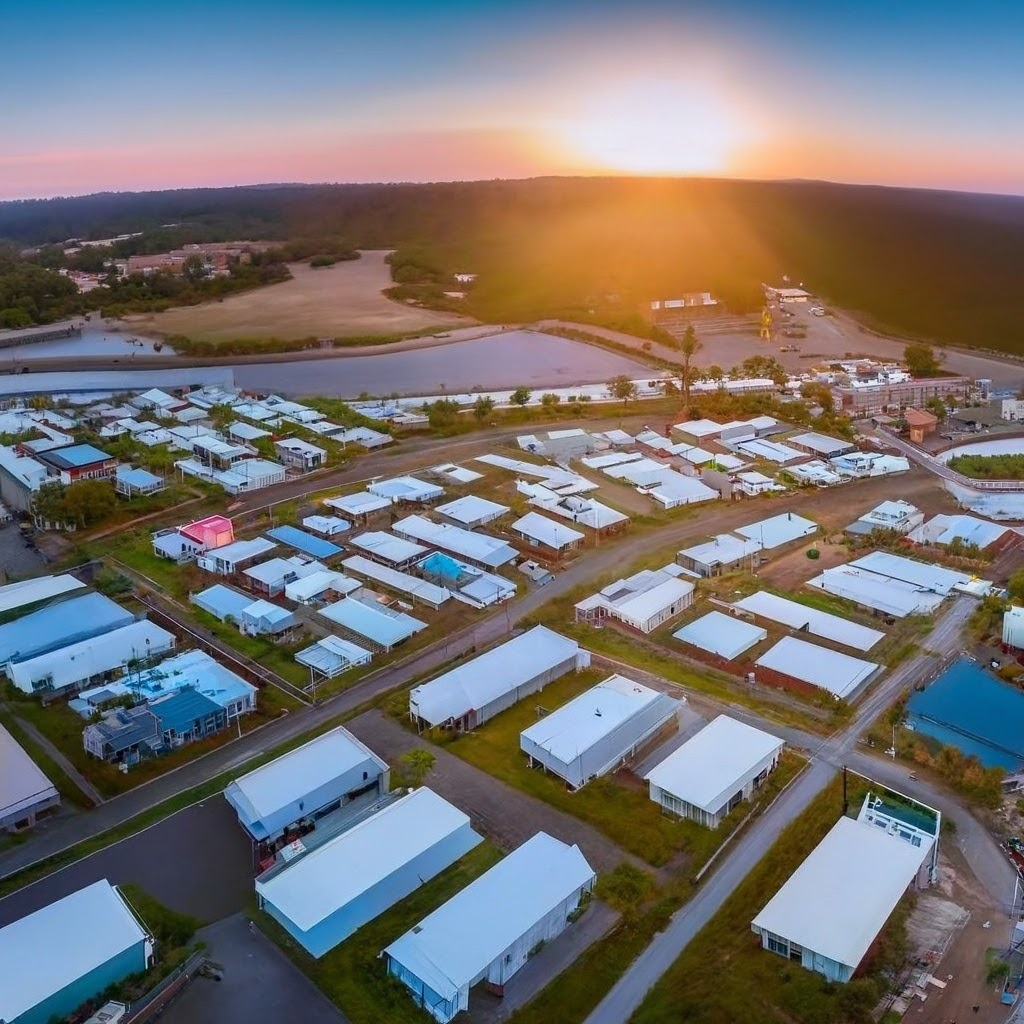HUD “Evidence Matters” Dedicates Spring 2020 Issue to Manufactured Housing
MHCI Group • October 15, 2020

The U.S. Department of Housing and Urban Development (HUD) has dedicated its Spring 2020 edition of “Evidence Matters” magazine to factory-built housing. Containing useful research and commentary sourced from third parties and HUD, the issue affirms the resilience, quality and affordability of manufactured homes.
The issue also provides validation from HUD’s own research team that “a variety of demand, regulatory, zoning, and other barriers, however, have limited the reach of this promising affordability solution,” serving as a call-to-action for policymakers and Congress to move forward in making changes to help the industry overcome such hurdles. The publication affirms MHI’s long standing message that “There is a continued need for factory-built housing to become an even greater source of affordable housing.”
Evidence Matters is a quarterly publication by HUD’s Office of Policy Development and Research (PD&R), to support policymaking that is evidence-based. Each quarterly issue focuses on a key theme, and this quarter’s focus on factory-built and manufactured housing is timely and impactful as we continue our advocacy before Congress and policymakers to ensure manufactured housing can help the nation to overcome the affordable housing shortage through innovation and efficiency. As we emerge from the pandemic, more than ever before, families will be looking for safe, affordable housing that allows them their own space, free of shared-walls and cramped quarters. Ensuring greater access to manufactured housing has never been more important. HUD’s publication provides important validation that will support our advocacy efforts.
HUD leads off the issue with the Editor’s Note, which touts the resilience and innovations that manufactured homes offer:
“The factory-built housing industry is constantly evolving to meet the changing needs of its customers. From disaster resilience technology that makes manufactured homes safer in the event of natural disasters to energy-efficient innovations that help reduce energy costs and environmental impacts to labor innovations that lower housing costs to make homeownership accessible to more people, the factory-built housing industry adapts rapidly to benefit individuals, families, and communities. This issue highlights some of the innovations in this industry as well as some of the challenges that are hindering its expansion.”
Using internal and third-party research, HUD’s publication recognizes that “the construction of new factory-built housing not only offers an affordable housing option but also presents the opportunity to add units with improved energy efficiency and resilience to weather and natural disasters.” Some highlights include:
“In addition to its affordability benefits, factory-built housing can incorporate advances in energy efficiency, thereby using resources more responsibly and reducing residents’ utility bills.”
“Attention to the materials and design of manufactured housing can improve not only energy efficiency but also disaster resilience.”
“Research shows that the performance of new factory-built housing is comparable to that of site-built housing.”
“For example, in their review of factory-built housing in coastal areas, Fenner et al. state that “owners and construction companies have found that prefabricated construction allows the rebuilding of homes affordably, efficiently, and quickly. In addition, new prefabricated units can be as wind- or earthquake-resistant as site-built buildings, minimizing the effects of strong climate events.”
For years, MHI has advocated to keep manufactured housing front-of-mind for Congress and policymakers at HUD. The focus on manufactured housing by HUD’s research team is a positive development as we continue to work with HUD to overcome impediments to the industry, such as regulatory barriers, zoning, availability of financing, and ensuring the federal building code supports innovation. The publication argues, “to fully realize it’s benefits, however, policymakers need to understand and address the persistent barriers facing the industry, such as prohibitive regulations and zoning, community opposition, and financing challenges that restrict the construction and siting of factory-built housing.”
Article written and from https://www.manufacturedhousing.org/
© 2017 Manufactured Housing Institute. All rights reserved.


